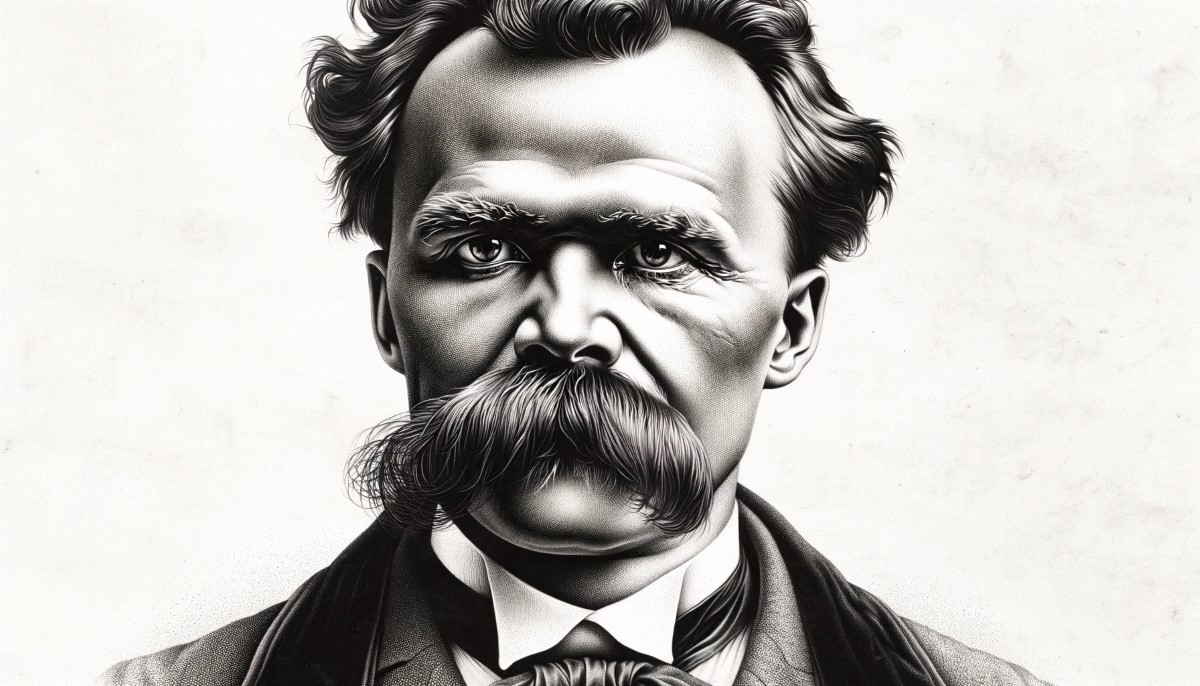The intellectual legacy of Friedrich Nietzsche, a colossus in the pantheon of Western philosophy, endures as a focal point of scholarly debate and ideological appropriation, illustrating the profound ambiguity and depth of his oeuvre. Nietzsche’s late 19th-century philosophical project, marked by its incisive critiques of morality, epistemology, and culture, defies simplistic categorization, rendering him a figure of perennial interest across disparate political and ideological landscapes.
Central to Nietzsche’s philosophical innovation is his radical deconstruction of the underpinnings of Western morality and his challenge to the objectivity of truth. His declaration of the “death of God” remains one of his most profound and misunderstood insights, signaling not merely an atheistic revelation but a deep-seated cultural and existential malaise precipitated by the Enlightenment and the ascendancy of scientific rationalism. This proclamation heralds the dissolution of a unified moral framework underpinning European society, ushering in an era of nihilism and ontological uncertainty.
The malleability of Nietzsche’s thought, encompassing themes of individual will to power, the critique of egalitarianism, and the envisioning of a post-moral future, lends itself to a wide spectrum of interpretations. On the political right, Nietzsche’s disdain for mediocrity and his advocacy for the emergence of an Übermensch—a figure transcending conventional morality and societal norms—are often misconstrued as endorsements of authoritarian elitism and social Darwinism. This misinterpretation aligns superficially with far-right ideologies, emphasizing hierarchy, strength, and a rejection of liberal democratic values.
Conversely, leftist intellectuals and theorists gravitate towards Nietzsche’s subversive critique of established values and his prescient anticipation of post-structuralist thought. His skepticism towards grand narratives and his interrogation of the constructs of truth and morality resonate with critical theory and postmodernist critiques of power, ideology, and social organization. For the left, Nietzsche’s philosophy offers a radical critique of capitalist modernity and the potential for liberatory praxis through the creation of new values and forms of life.
The contentious appropriation of Nietzsche’s philosophy is further complicated by historical misreadings, notably the Nazi regime’s attempt to co-opt his work for fascist ends—a gross distortion amplified by Elisabeth Förster-Nietzsche’s editorial manipulations. Despite this tarnished legacy, contemporary scholarship has largely succeeded in extricating Nietzsche’s nuanced critique of nationalism, anti-Semitism, and mass culture from the ideological morass of the 20th century, reaffirming his position as a thinker of profound complexity and relevance.
At its core, the diverse interpretative possibilities offered by Nietzsche stem from the inherently provocative and open-ended nature of his philosophical discourse. Nietzsche’s style, characterized by aphoristic density and a lack of systematic exposition, invites a broad range of readings and underscores his role as a philosopher of interrogation rather than doctrine. By challenging readers to confront the foundational assumptions of their existence and engage in the daunting process of self-overcoming, Nietzsche continues to inspire a critical engagement with the existential dilemmas of modernity, making him an indispensable figure for contemporary thought across the ideological spectrum.


